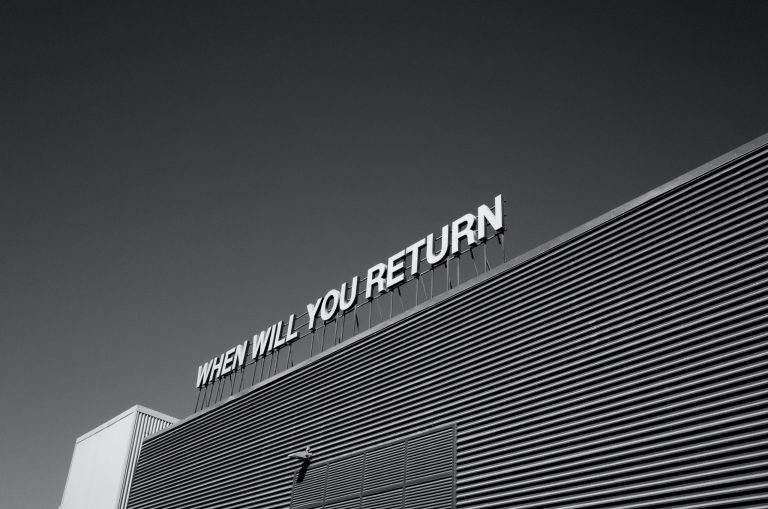Reverse logistics is one of the phases of the supply chain that poses the most challenges for both logistics operators and e-commerce companies. The key is in the balance between maintaining a good shopping experience, a satisfied customer, and continuing to optimize operations in a way that is profitable and sustainable.
Returns: the great challenge of reverse logistics
Reverse logistics, the type of operation that is responsible for returning goods from the consumer to sellers or producers, is one of the great current challenges for supply chain agents. According to the VII Online Confidence Study and Showroomprive , 57.14% of online buyers in Spain made some return throughout 2021.
With these figures, this type of operation requires an organization that in many cases conflicts with logistics optimization and customer satisfaction. In addition, from the seller’s point of view, a return implies a loss of income and an additional cost in return transport, which in many cases is free for the consumer.
The ideal reverse logistics
An efficient reverse operation should go through three well-defined stages:
- Return is created – The process begins when the customer announces that they want to return a product. During this stage, the authorization of the return is produced and the condition of the product is checked. In addition, the shipment of the return and the refund of the purchase are scheduled.
- Management: once the return arrives at our warehouses, its status must be determined and categorized. Good reverse logistics can determine what type of return is involved before the product reaches us. Products can be distributed based on their condition: to repair, resell as new, recycle, scrap or refurbish.
- Optimize your returns: determining which products can be refurbished can be a very good option to reduce the impact of reverse logistics. Even in those products that allow it, resale in parts can be another solution. Those that do not allow their return to sale, must be recycled to build a more sustainable sector.
The value of good reverse logistics
The consumer takes into account the Return Policy of an ecommerce. There is no doubt that the perception of a good return policy by the customer increases conversion. 7 out of 10 buyers in Spain check the return policy before making a purchase. Therefore, offering the possibility of an efficient and simple return process can win many buyers to your business.
In terms of business benefits, efficient reverse operations reduce the cost of storage as well as distribution. The correct management of returned products, their correct reincorporation for sale or their recycling can mark a differentiating factor in the results of a company and in its environmental impact.
If you are interested in learning more about optimizing your reverse logistics, at Deliverea we have tools for this, contact us through this form.


